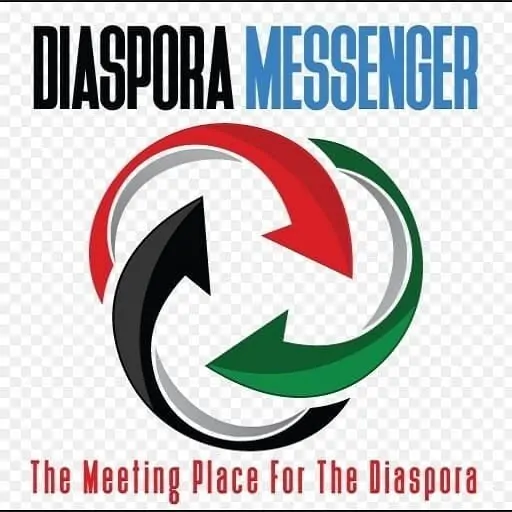
“We must use what has been called ‘smart power,’ the full range of tools at our disposal — diplomatic, economic, military, political, legal, and cultural — picking the right tool, or combination of tools, for each situation. With smart power, diplomacy will be the vanguard of foreign policy. We’re going to be trying new approaches because what we’ve tried has not worked,” Hillary Clinton said in her opening remarks during her confirmation hearing as Secretary of State in 2009. Clinton’s success was not measured by the number of arrogant statements she made or by her playing to the gallery but rather by how much the United States was able to directly engage the citizens of whichever country it had contact with. It is during her tenure as Secretary of Sate that dictators in the Arab world were removed by the people without military coups. Her ‘smart power’ diplomacy helped to repair America’s image abroad after eight years of ‘you are either with us or against us’ Bush doctrine.
Kenya’s most significant challenge to its foreign trajectory is regaining international confidence after the 2007-08 post-election violence. It ruined Mwai Kibaki’s erstwhile flawless legacy. The damage to Kenya’s image abroad doubled with the entry of the International Criminal Court and the indictment of the current President and Deputy President. Correcting the impression created of the Kenya government by the ICC cases would therefore be the ultimate priority of any diplomat in a Western capital.
It is pointless to revisit the flaws in the ICC prosecution process. However shoddy the ICC investigations may be, Kenya’s image has been dented. The onus is on Kenya to correct the impression created that it is not cooperating and has been tampering with witnesses all along.
Traditional diplomacy, which involves state to state interaction, is critical to advancing Kenya’s agenda abroad. However, traditional diplomacy alone is not enough. Embassies and missions abroad must expand their engagement to influence wider and more diverse groups using new tactics and tools at their disposal. Washington DC in particular is a unique post where several players influence US government foreign policy. It is this kind of reasoning that informed the East Africa Washington Program, a new advocacy group, to reach out to influential non-state actors in Washington to invite the Kenyan Mission to the UN to ‘debate the International Criminal Court in Africa’ at American University.
The Kenyan officials decided to skip the debate at the last minute. Protocol and other excuses aside, the attitude of both the Kenya UN mission and the Kenya Embassy in Washington clearly indicated that our diplomats are still stuck in the old order that did not provide for reaching beyond governments.
Any diplomat in Washington who does not recognise the influence wielded by a former President of the American Bar Association (the equivalent of the Law Society of Kenya) needs to study their host country more. According to a 2012 Congressional Research Service report, 40 per cent of US Senators were lawyers. In Congress, lawyers comprised 37 per cent of members. Regina Njogu, a Kenyan lawyer in Washington understands the importance and jumped at the opportunity to debate alongside ABA President Michael Greco.
Many diplomats in Washington will attest to the fact that American University and Georgetown University professors form the bulk of foreign policy wonks at the State Department and on Capitol Hill. From President John F Kennedy to Barack Obama, American University has been the place to launch, articulate and evaluate their foreign policies. Further, common sense dictates that the Kenyan cases at the ICC have entered the realm of academia and research into the future of the international justice system.
Interestingly the Nairobi office of diaspora affairs seems to have a better grasp of the significance of citizen engagement in diplomacy. The diaspora office made sporadic efforts to get a replacement panelist after the UN ambassador pulled out. Is it protocol, ignorance, insecurity or just misplaced mistrust between the Kenyan diplomats and dissenting Diaspora Kenyans?
To succeed in the West Kenya diplomats must stop seeing ghosts in every bush and engage citizens and the civil society abroad.
BY TIMOTHY KABERIA/OP-ED
Source-diasporamessenger.com
Detachment, Old Tactics the Bane of Kenya’s Failed Diplomacy
Detachment, Old Tactics the Bane of Kenya’s Failed Diplomacy
The writer is the founder of East Africa Washington Program and Coordinator of International Programs at the University of the District of Columbia.







